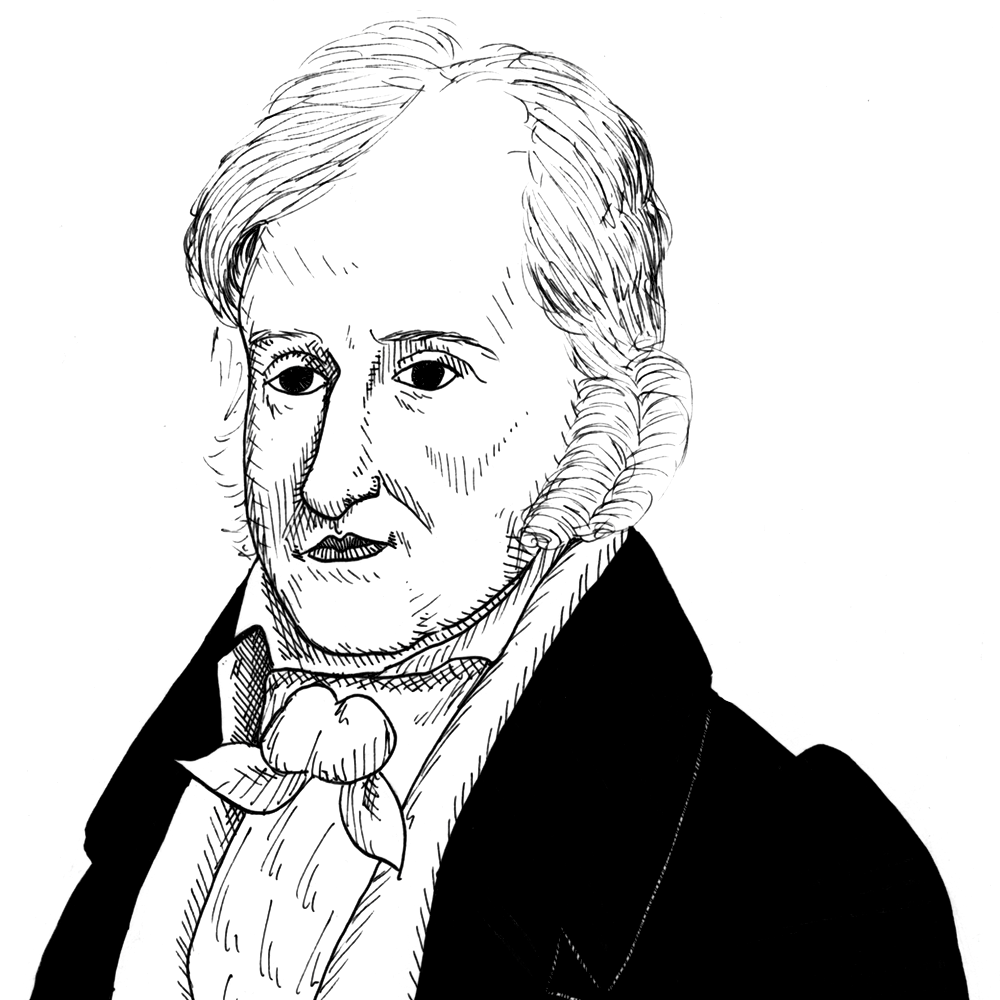
Benjamin Constant argued that mediocre men, when they acquired power, became “more envious, more obstinate, more immoderate, and more convulsive” than men with talent (1815)
Found in: Principles of Politics Applicable to All Governments
In a lengthy discussion of the composition and behavior of representative assemblies, Benjamin Constant has this to say about mediocrity (pp. 329-30):
Presidents, Kings, Tyrants, & Despots
The choice of the people belongs to men who command attention, who attract respect, who have acquired the right to esteem, confidence, and popular recognition. And these more energetic men will also be be moderate. People always take mediocrity as peaceful. It is peaceful only when it is locked up. When chance invests it with power, it is a thousand times more incalculable in its motion, more envious, more obstinate, more immoderate, and more convulsive than talent, even when emotions lead the latter astray.